APEC Leaders’ Summit highlights cooperative power
At last week’s APEC Leaders’ Week organised in San Francisco, Vietnam suggested three key cooperation priorities for APEC. Specifically, it should boost cooperation in responding to climate change and green growth.
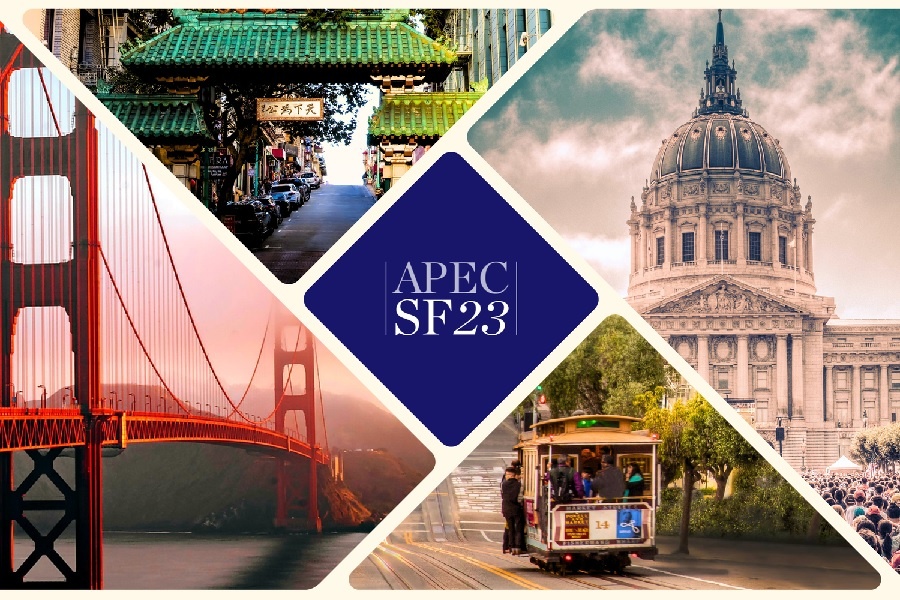 |
| APEC Leaders’ Summit highlights cooperative power, Source:apec2023sf.org |
“APEC member states need to accelerate cooperation in goods trade and environmental services, green-biological-circular economy models, smart agriculture, just energy transition, and natural resources management,” said Vietnam’s Ministry of Foreign Affairs.
In addition, APEC should take advantage of science and technology in service of inclusive and sustainable growth, it added.
“APEC cooperation must be directed to supporting member economies to build digital infrastructure and labour, accessing and applying modern technology in industrial and agricultural production, fight against natural disasters, and educational and healthcare development.”
What is more, APEC must take people as the centre of cooperation. APEC’s projects and activities need to contribute to constructing the just healthcare and educational systems, supporting small- and medium-sized enterprises in expanding markets, and increasing the role of women in the society and economy.
Covering 21 economies making up 38 per cent of the global population, half of the world’s area, 61 per cent of GDP, and 47 per cent of global trade, APEC currently is home to nine strategic partners of Vietnam, including Australia, China, Japan, South Korea; and five comprehensive partners such as the US, Canada, and Chile.
The APEC region is critical to the country’s security and development as it gathers 15 of the 30 strategic and comprehensive partners which are leading economic and trade partners of Vietnam.
Thirteen of 17 free trade agreements (FTAs) that Vietnam has signed or is negotiating are with 17 APEC members, and 17 out of 20 APEC member economies are Vietnam’s FTA partners. APEC contributes over 77 per cent of Vietnam’s trade, 81 per cent of the country’s foreign direct investment and over 85 per cent of the nation’s tourism turnover. APEC also accounts for 38 per cent of official development assistance in Vietnam.
Under APEC’s Bogor Goals, by 2020 all APEC member economies saw trade and investment liberalisation, through reduced trade barriers and the promotion of free flowing goods, services, and capital.
Funding from APEC economies into Vietnam has climbed remarkably, currently holding nearly 90 per cent of total foreign-invested projects, and $350 billion of total registered capital of $460 billion, according to the Vietnamese Ministry of Planning and Investment.
| Nguyen Minh Hang - Deputy Minister of Foreign Affairs
The decision to join APEC in 1998 was a strategic one in the country’s international economic integration, laying the foundation for global integration and contributing to the development of Vietnam as well as the wider region. Over the past 25 years, Vietnam has contributed actively, responsibly, and effectively to all areas of cooperation, leaving many important marks in the APEC process. Three outstanding marks can be emphasised. Firstly, Vietnam is one of the few economies that has twice been trusted and supported by members to host the APEC years in 2006 and 2017. Under the chairmanship of Vietnam, two APEC summits in Hanoi and the central city of Danang were both considered extremely successful, achieving important results with strategic significance for APEC as well as economic cooperation and linkages in the Asia-Pacific region. At APEC 2006, we made a major milestone with the Hanoi Action Programme aimed to implement the Bogor goals of trade and investment liberalisation. For the first time, APEC approved the idea of forming an Asia-Pacific free trade area, an overall orientation for APEC reform. In 2017, we proposed an initiative to build a new vision of APEC after 2020 and established the APEC Vision Group. This was an outcome demonstrating Vietnam’s long-term, comprehensive approach. It served as the foundation for APEC to pass the APEC Putrajaya Vision of an open, dynamic, resilient and peaceful Asia-Pacific community by 2040. Secondly, Vietnam is one of the most active members in proposing cooperative initiatives and projects, with nearly 150 projects. These cover many fields, from human resource development, promoting e-commerce, food security, and economic empowerment for women to rural and urban development, ocean waste, and response to climate change. These initiatives, on the one hand, promote APEC cooperation in accordance with the concerns and interests of members, while effectively serving Vietnam’s socioeconomic development goals. Thirdly, we have reaffirmed our role in promoting APEC cooperation programmes by assuming important positions in the forum’s mechanisms. Notable roles include the role of executive director of the APEC Secretariat, chair of the ASEAN group in APEC, and chair/vice chair of key committees and working groups of the forum. Vietnamese businesses also contribute and actively participate in the APEC Business Advisory Council and the APEC CEO Summit. |
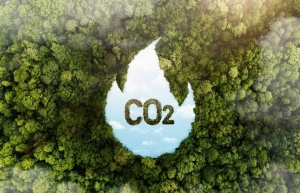 | COP28 faces debate over controversy-mired carbon credits Controversial credits bought by corporations to offset their carbon emissions will be in the spotlight at UN climate talks next month. |
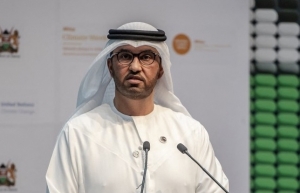 | Oil exec and climate champion? The man steering COP28 The Emirati oil boss preparing to take the helm of UN climate talks said he is stunned to hear that environmentalists suspect him of duplicity on climate change. |
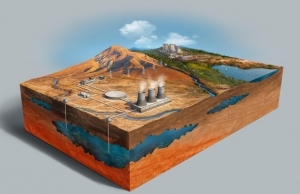 | Targets to end fossil fuel at COP28 crucial: EU climate chief A demand for targets for the phase-out of fossil fuels in the final agreement of COP28 in Dubai is not frivolous but an urgent request backed by "crystal clear" science, Europe's climate commissioner told AFP on Tuesday. |
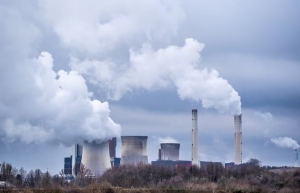 | COP28 turns attention to potent methane emissions Climate talks often revolve around reducing the most dangerous greenhouse gas CO2. |
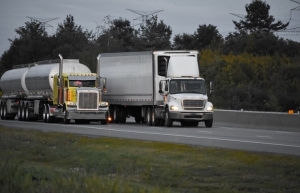 | First cross-border transport of CO2 expected in 2025: Yara Norwegian fertiliser group Yara International on Monday signed a contract to begin transporting CO2 produced at its Netherlands plant to Norway so it can be buried under the seabed, as of 2025. |
What the stars mean:
★ Poor ★ ★ Promising ★★★ Good ★★★★ Very good ★★★★★ Exceptional
Related Contents
Latest News
More News
- Vingroup consults on carbon credits for electric vehicle charging network (January 28, 2026 | 11:04)
- Bac Ai Pumped Storage Hydropower Plant to enter peak construction phase (January 27, 2026 | 08:00)
- ASEAN could scale up sustainable aviation fuel by 2050 (January 24, 2026 | 10:19)
- 64,000 hectares of sea allocated for offshore wind surveys (January 22, 2026 | 20:23)
- EVN secures financing for Quang Trach II LNG power plant (January 17, 2026 | 15:55)
- PC1 teams up with DENZAI on regional wind projects (January 16, 2026 | 21:18)
- Innovation and ESG practices drive green transition in the digital era (January 16, 2026 | 16:51)
- Bac Ai hydropower works stay on track despite holiday period (January 16, 2026 | 16:19)
- Fugro extends MoU with PTSC G&S to support offshore wind growth (January 14, 2026 | 15:59)
- Pacifico Energy starts commercial operations at Sunpro Wind Farm in Mekong Delta (January 12, 2026 | 14:01)

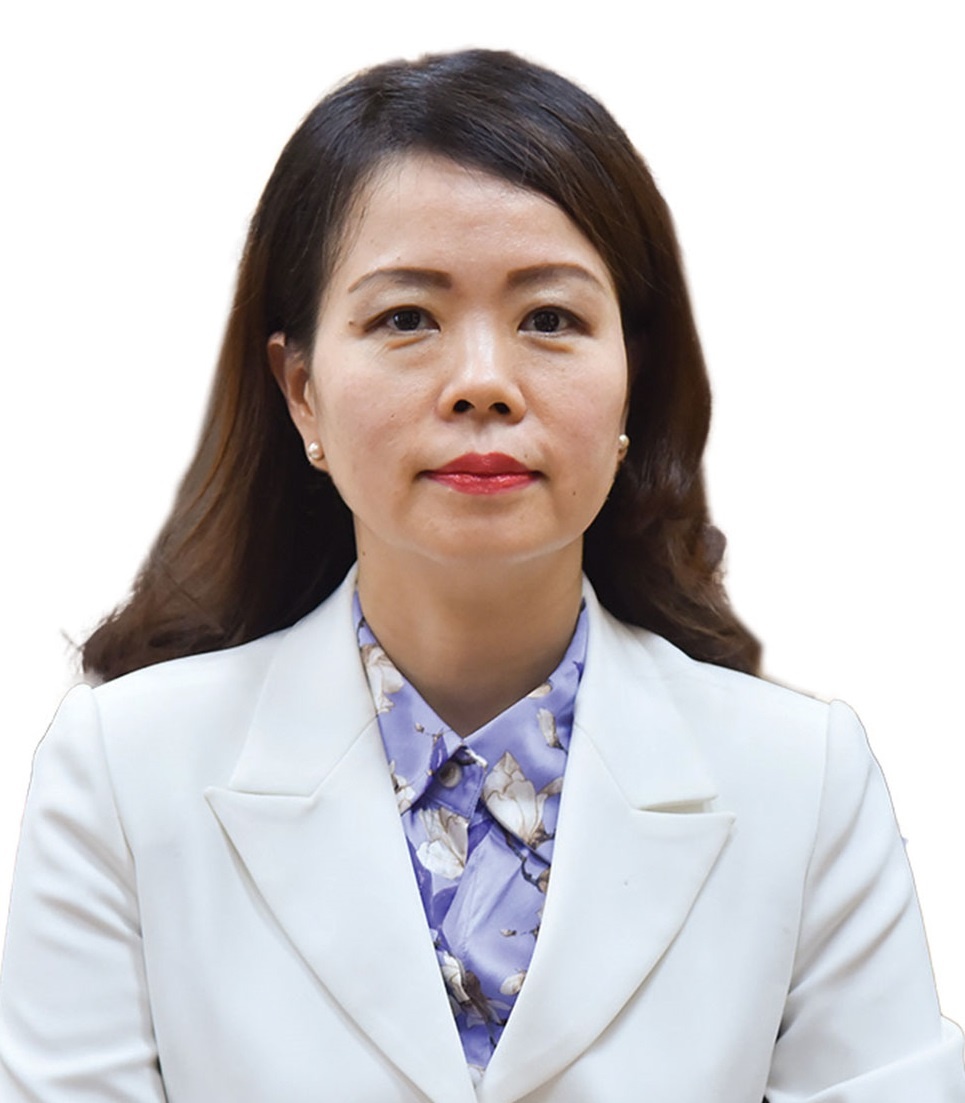
 Tag:
Tag:

















 Mobile Version
Mobile Version